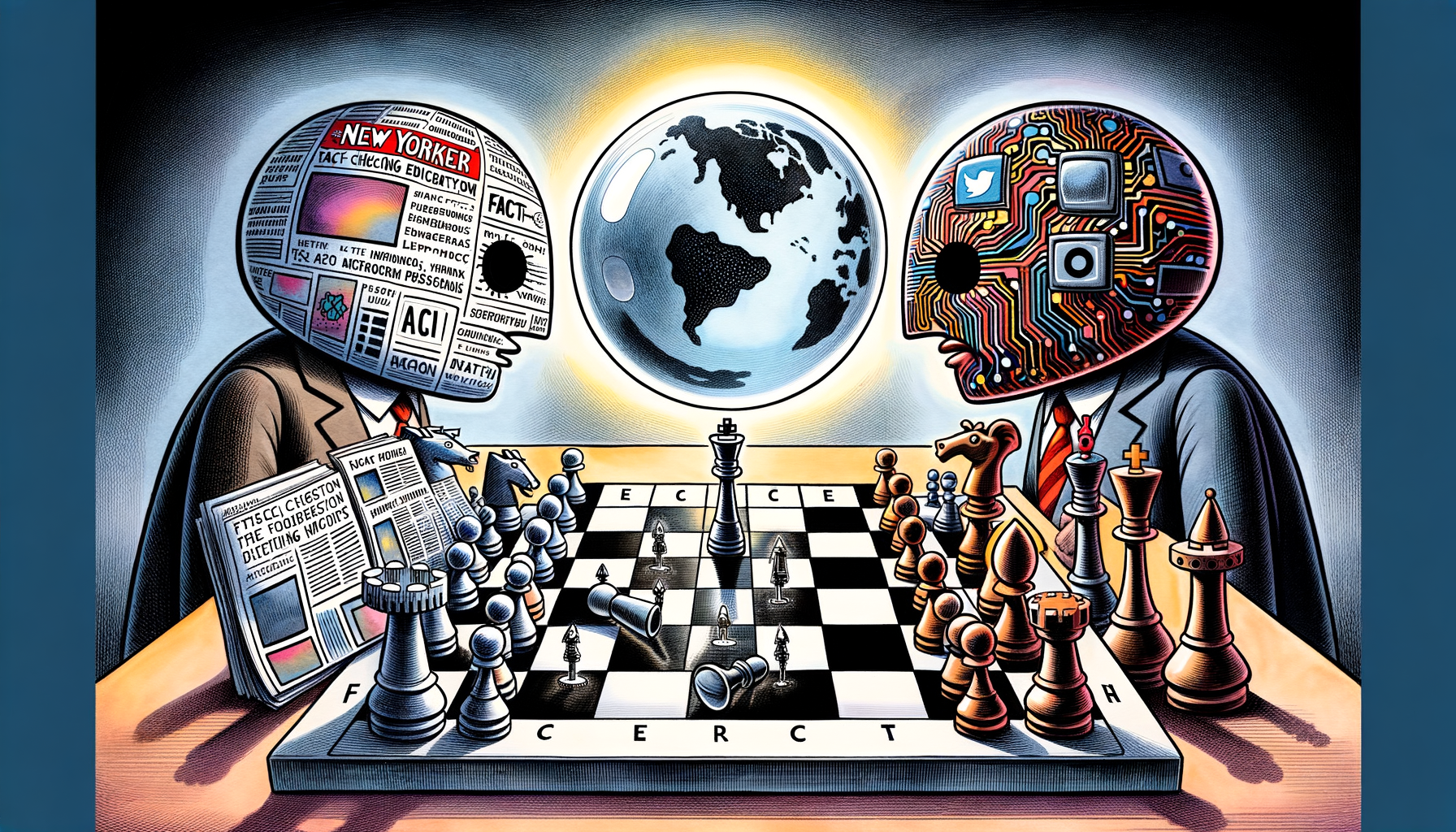Reshaping Security: Countering Misinformation's Global Impact
29th January, 2024
The age of information has morphed into the age of misinformation, with nations struggling against an invisible enemy that wields the power to sculpt perceptions, manipulate elections, and destabilize global trust. The surge of artificial and hostile information campaigns requires an arsenal of sophisticated technological defenses, legal reform, and boundless international collaboration.
Generative AI, while a potential ally in fact-checking, has become a weapon of mass deception in the misinformation battlefield. Critical thinking and human discernment are still our best defense against these technological tricksters. Amid the havoc wreaked by the COVID-19 "infodemic," the fragility of public health responses stands exposed, demanding nuanced psychological warfare to combat false narratives.
Technological prowess must be matched with the equally herculean task of international legal harmonization. Inspired by the GDPR, the crafting of digital space governance policies demands finesse, balancing sovereignty with universal security imperatives. Cyber alliances like Five Eyes and NATO pivot towards a hybrid warfare stance, but alongside this, non-security interventions in education and trade prove equally pivotal.
As nations refine their international dynamics to prioritize AI-generated content regulation and misinformation containment, an unexpected byproduct emerges – an increase in the trust currency between states. Renewed scrutiny of information-sharing within alliances fosters a transformative environment for international policy-making.
For those submerged in the murky waters of misinformation, scientific reinforcement and transparent information diasporas promise a lifeline. Expanding their horizons beyond the national defense frontier, countries like Singapore prescribe a curated public discourse and a strong stand against divisive narratives.
Peering into the crystal ball, future warfare seems as likely to be waged with programmed bots and Twitter trends as with tanks and battle cries. In the face of the AI arms race, the balancing act of innovation versus regulation, privacy versus surveillance, becomes a global tightrope walk. At stake is not just the security of state infrastructure but the very psychology of societies. Misinformation spreads through social media channels, the same platforms citizens turn to for enlightenment, creating a digital paradox.
The mirage of misinformation distorts relationships between nations, colors trade negotiations with suspicion, and filters through the public discourse, fueling division and undermining democracy. As we pivot towards a future where international relations are increasingly digitized, the onus lies on crafting preventive frameworks and strategies, leveraging alliances for intelligence-sharing, and setting the stage for collaborative innovation against the evolving complexity of disinformation.
In the wake of regulatory clashes like Brazil's contentious Bill 2630 against online falsehoods, tech giants warily wade through the choppy waters of innovation, privacy, and public trust, highlighting the global conundrum of censorship versus free speech. Meanwhile, hybrid security measures burgeon, with countries like Taiwan and Hong Kong growing vigilant against cognitive incursions and enlightenment through tailored technologies.
Our world, interconnected yet ideologically fragmented, shifts its battleground to the shadowy realm of cyberspace. As nations convene to counter this intangible threat, it becomes clear: a unified front, arming with truth, transparency, and technology, may be the only bulwark against the rising tide of misinformation threatening our collective future.

